
Colorado’s Poet Laureate has died
Poet Andrea Gibson passed away from cancer at their home in Boulder early Sunday morning.

By Megan Verlee
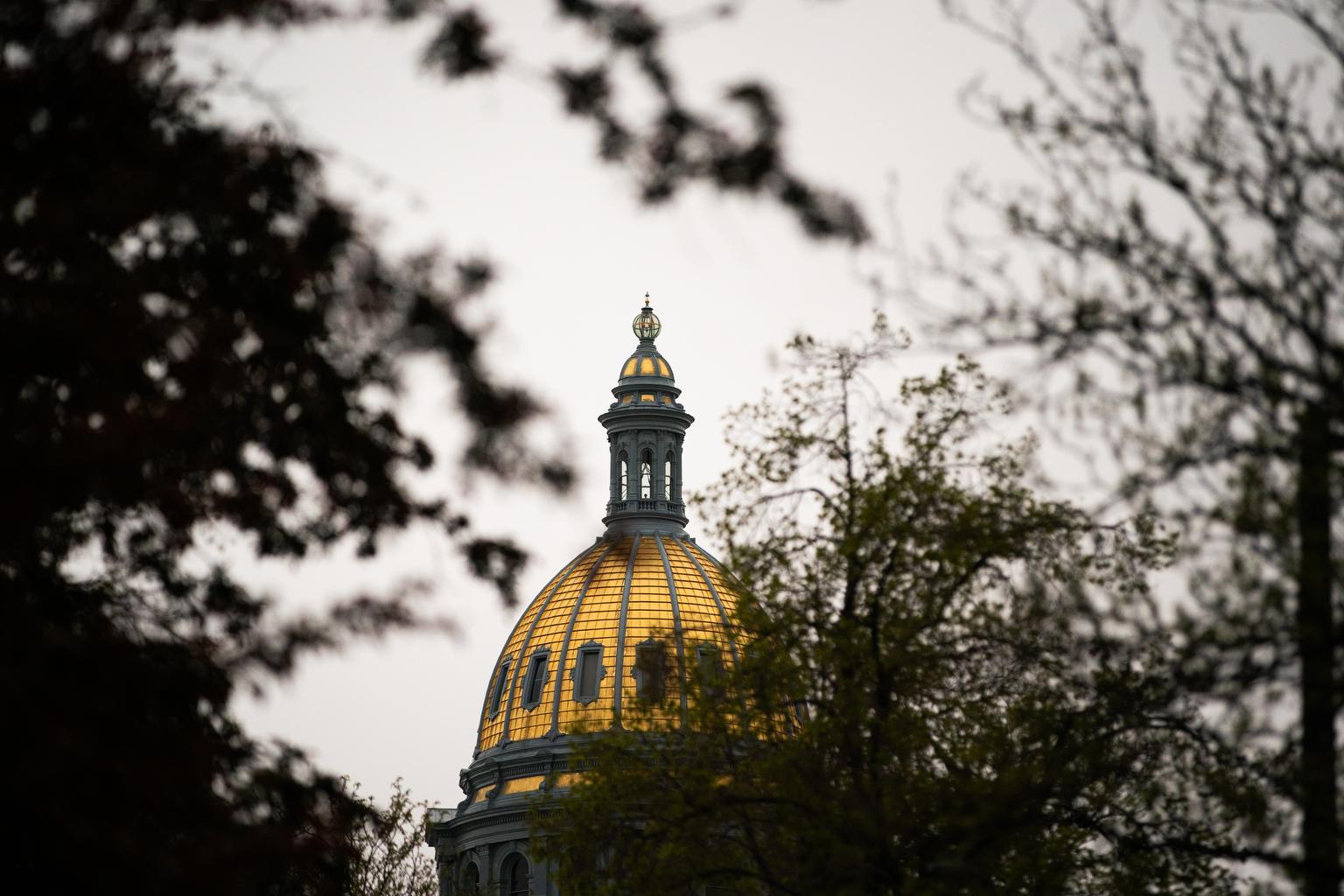
Here are some of the new Colorado laws taking effect July 1
From concealed carry training to biometric privacy, the start of a new fiscal year also means some new state policies.


Jury finds MyPillow CEO Mike Lindell defamed former executive at Denver-based Dominion Voting Systems
In his lawsuit, Eric Coomer accused Lindell of damaging his reputation and destroying his life by spreading false allegations that Coomer helped rig the 2020 election.

By Megan Verlee
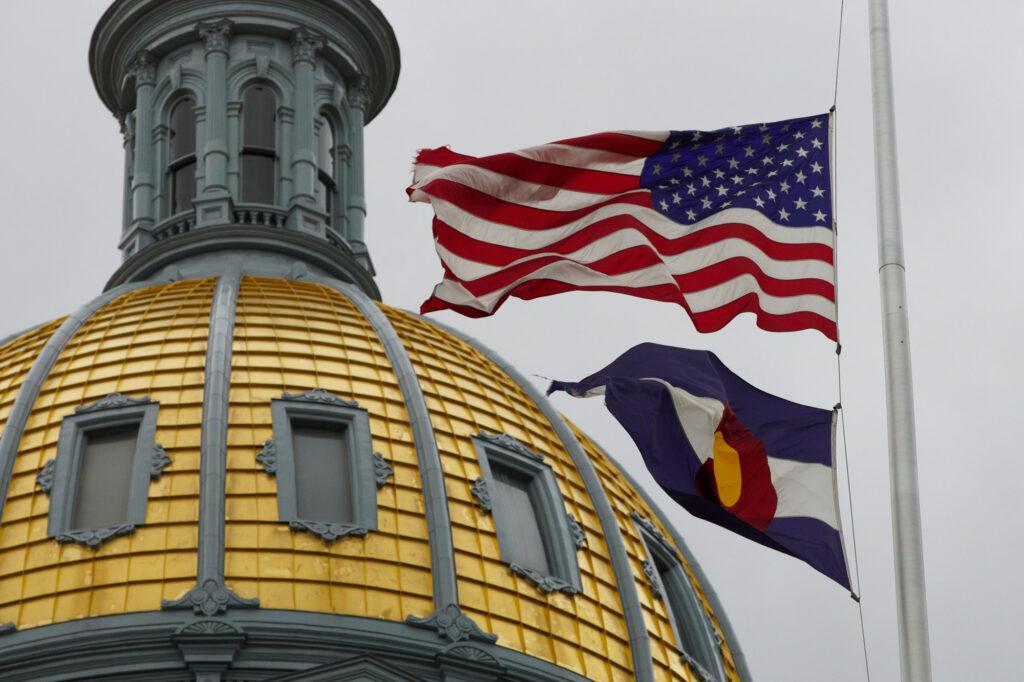
Across the political spectrum, Colorado politicians react with horror, sadness to shootings of Minnesota lawmakers
Elected leaders described the shootings as an attack on democracy and called on Americans to reject political violence.

By Megan Verlee
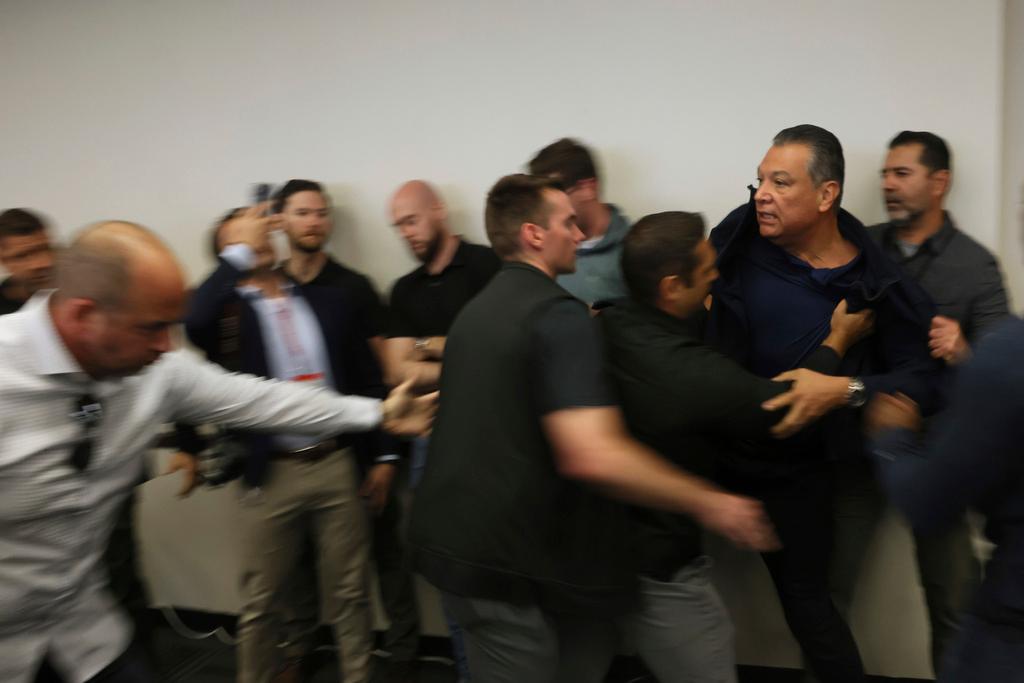
Colorado’s Congress members react to forcible removal of California senator from Homeland Security press conference
Democrats decried the incident as a violation of basic democratic principles, while Republicans said it was Padilla who was out of line.

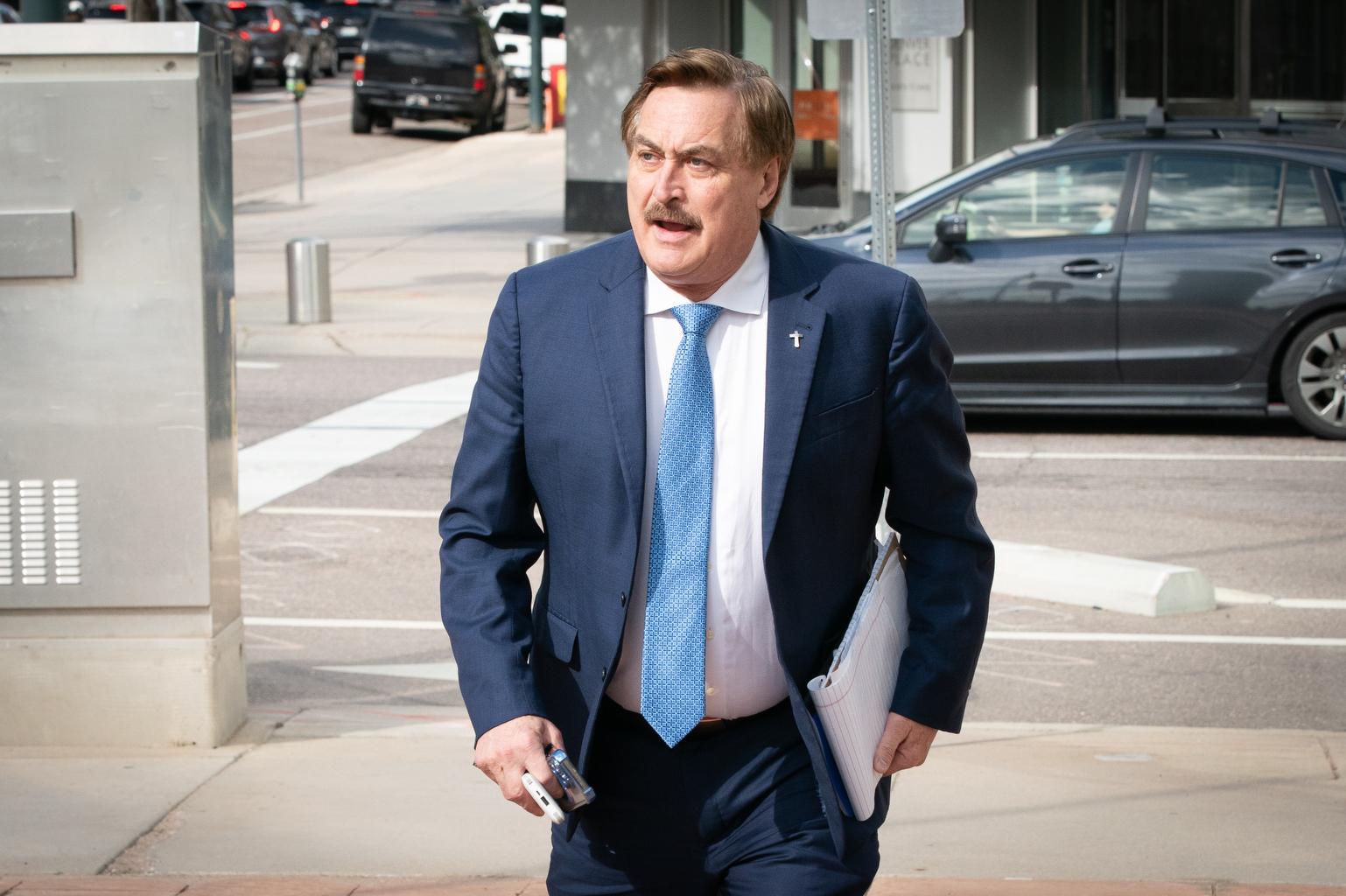
MyPillow defamation lawsuit moving toward its close
The suit was brought against CEO Mike Lindell by a former employee of Dominion Voting Systems who Lindell has repeatedly accused of helping to rig the 2020 presidential election.

By Megan Verlee
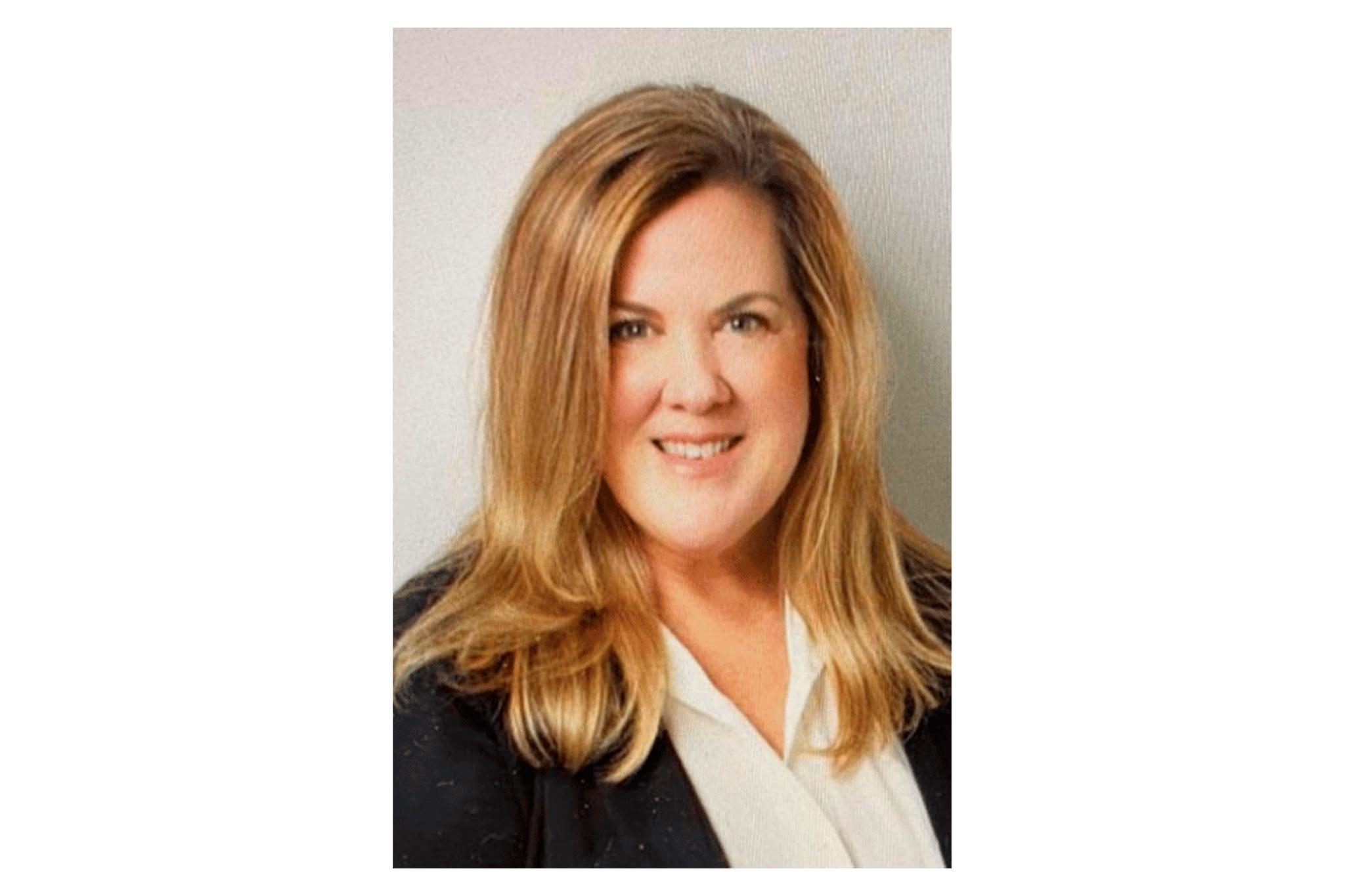
Mayor of Palmer Lake resigns with town divided over possible Buc-ee’s
Debate over whether to go forward with the massive travel center development has raged in the northern El Paso County community.

By Megan Verlee
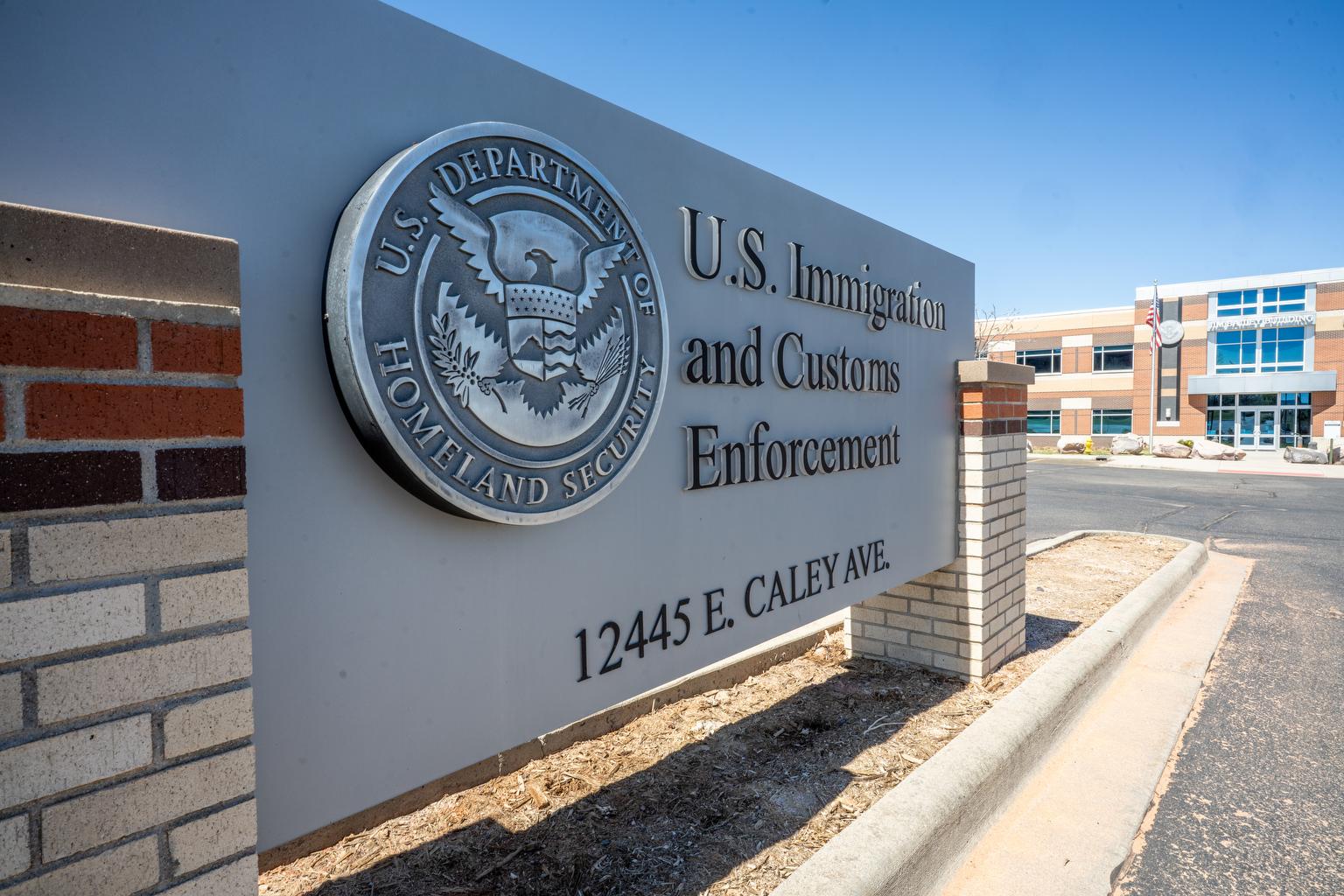
Polis ordered state labor department to turn over personal information after ICE subpoena, lawsuit alleges
A whistleblower lawsuit filed in Denver this week revealed the subpoena and the clash between the governor and a state labor director who says releasing the personal info is illegal.

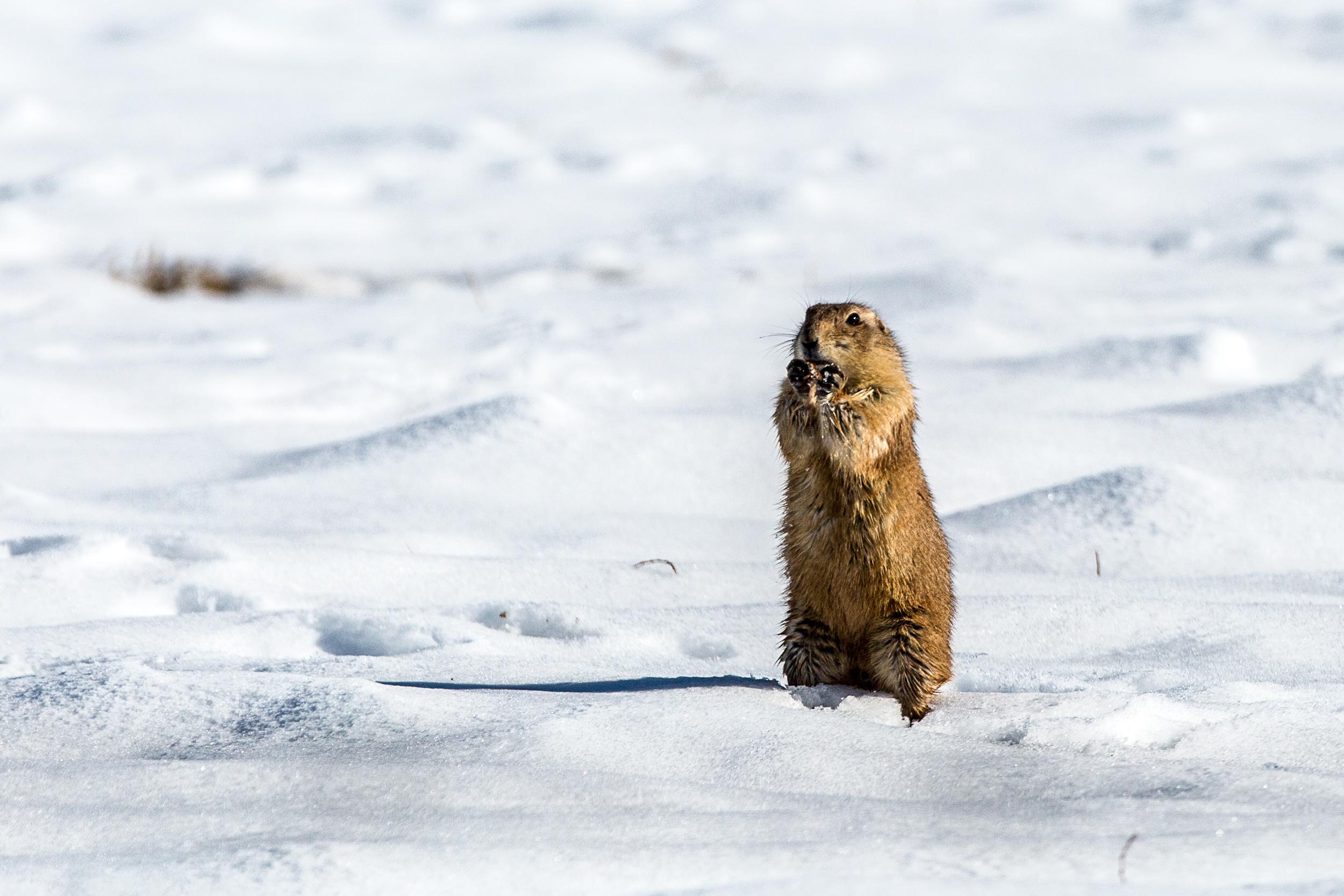
Here are some of the extremely unusual animals you can own in Colorado, and some more familiar ones you can’t
Every few years, it seems, some exotic animal pops into the news in Colorado and reignites the question: How far out can you really go, when it comes to owning a pet in this state?

By Megan Verlee

Colorado lawmakers move to outlaw sexually exploitative AI images and video
Colorado’s laws on revenge porn and child sex abuse materials don’t currently include deepfakes. A new bill would change that.

By Megan Verlee

Yes, Colorado has a budget problem. No, cannabis taxes can’t fix it
The state collects hundreds of millions of dollars a year from legal cannabis sales, but it’s really just a drop in the budget bucket.

By Megan Verlee
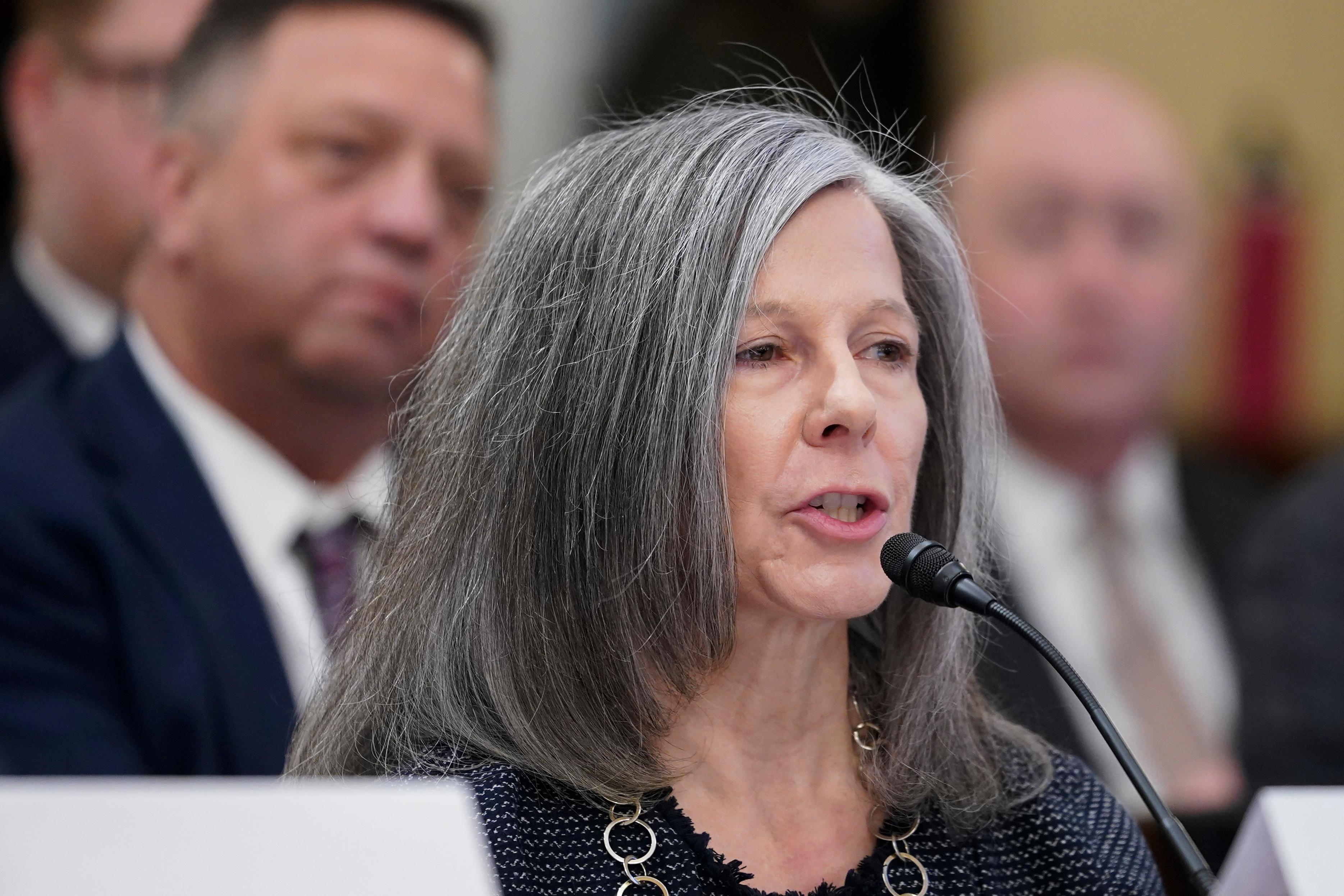
Kathleen Sgamma withdraws nomination to lead BLM
The Denver-based oil and gas advocate did not give a reason, but a four-year-old memo she wrote criticizing President Trump after the Jan. 6 attack recently came to light.


Gov. Jared Polis pushing last-minute bill to accelerate Colorado’s shift to renewable energy
Business groups, utilities and local governments are asking legislative leaders not to consider the plan so late in the legislative session.

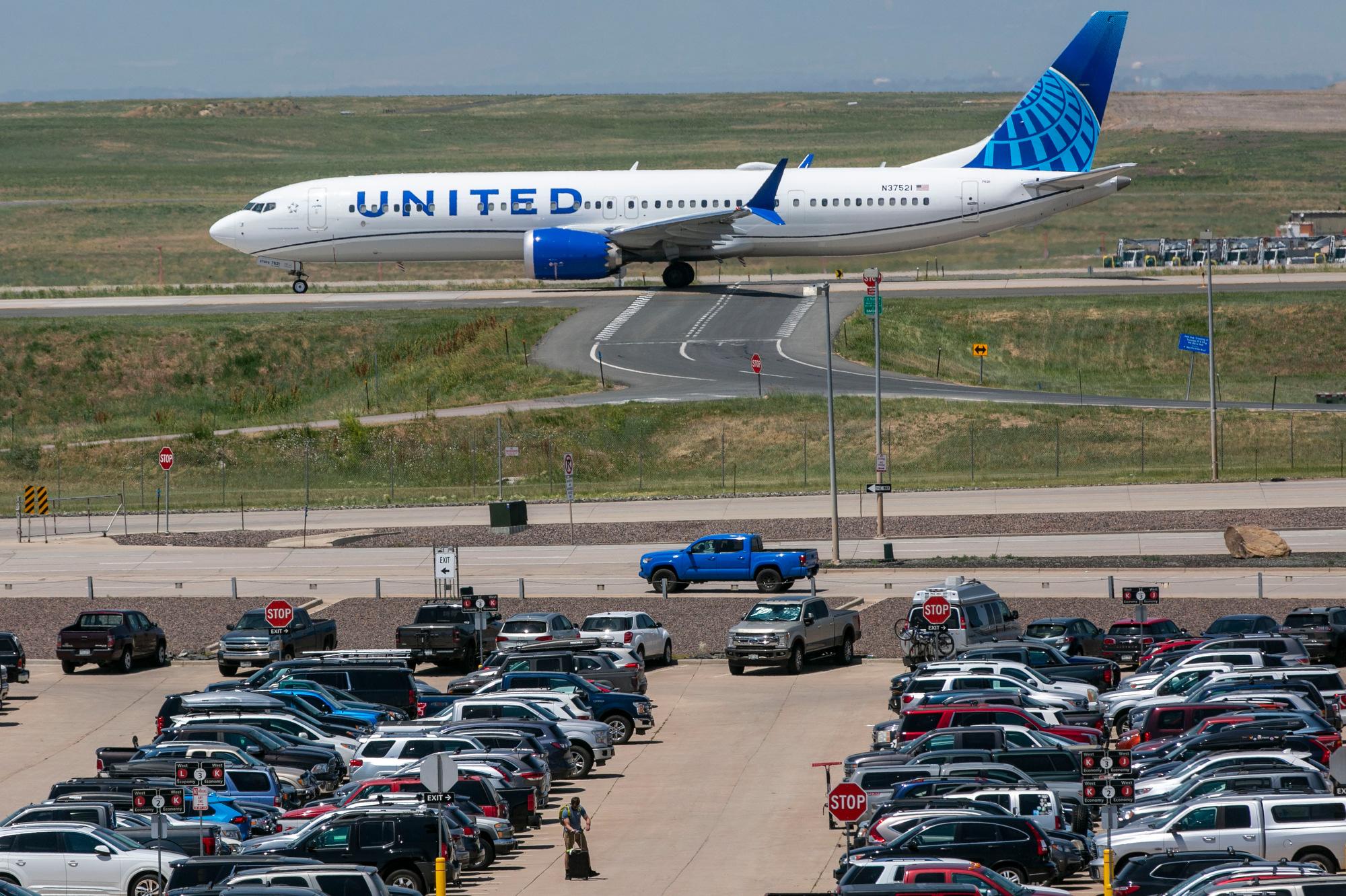
How to check that your Colorado license is Real ID compliant and good to fly
Starting next month, Real ID will be required at airports around the U.S.

By Megan Verlee
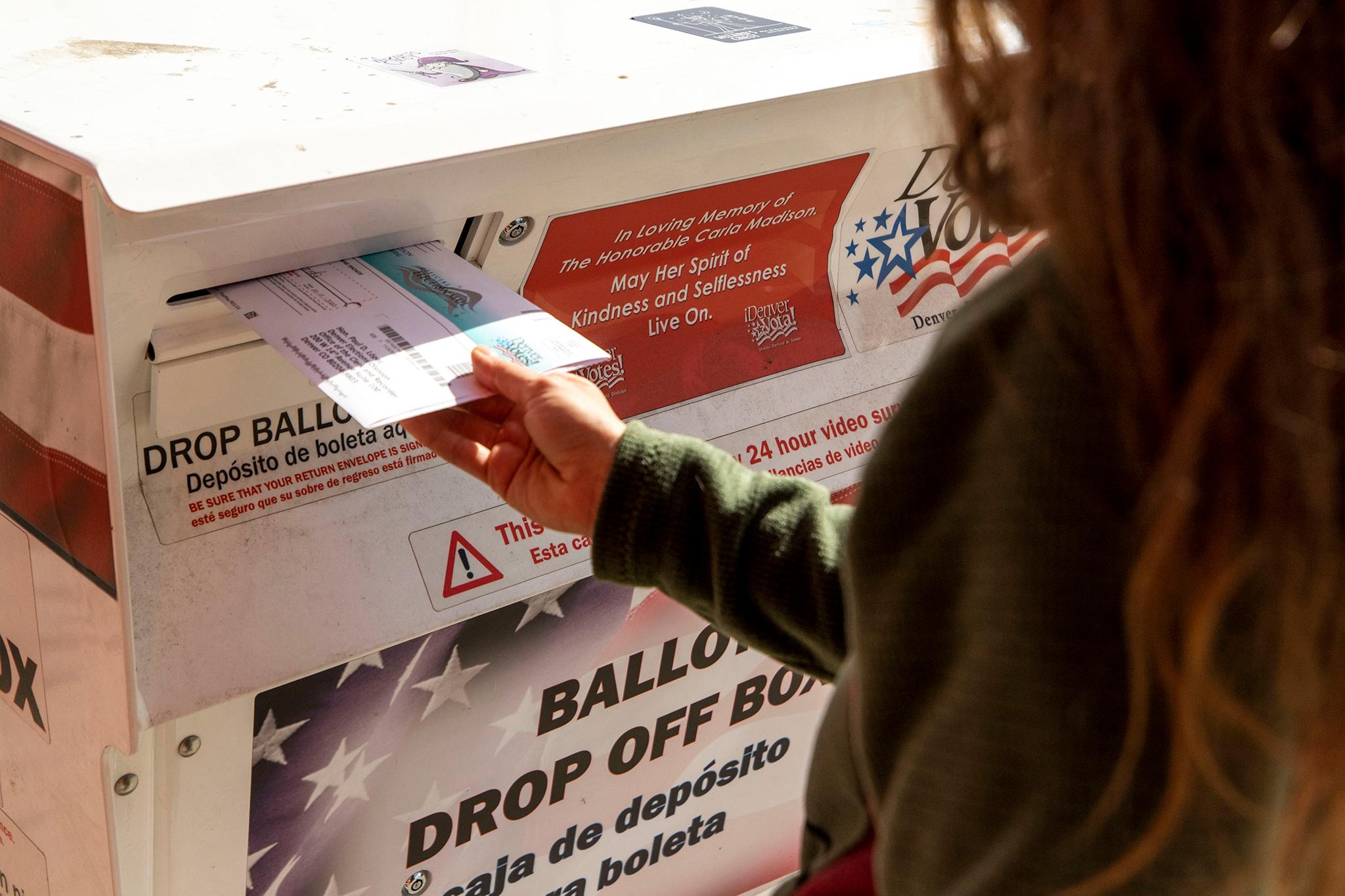
What could Trump’s election order mean for Colorado’s voters?
The sweeping order, which would require people to verify their citizenship in order to vote, is likely to be challenged in court.


Sundance Festival relocation decision could be coming Thursday
Boulder is one of three finalists for the top-shelf film festival.

